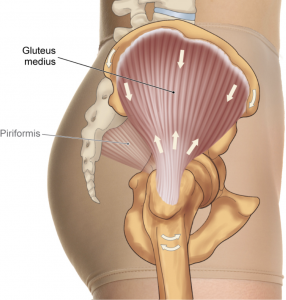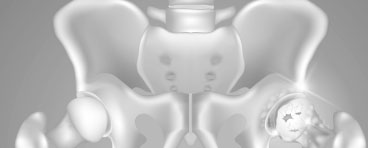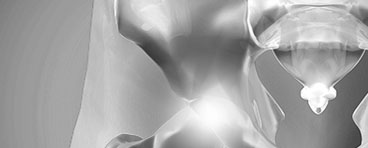Click on the links below to find out more
Gluteal Tendon Tears
OVERVIEW
The gluteal tendons are the attachments of the powerful gluteal muscles to the femur bone. These can tear, which can cause hip pain, weakness, and limping.
The gluteal tendons are the attachments of two strong muscles, gluteus medius and gluteus minimus into the femur (thigh bone). These tendons are sheet-like, tough tissues which are strong enough to withstand high forces. They are responsible for moving the thigh outwards (away from) the body, and for maintaining balance during walking and when standing.
These tendons may become inflamed (tendinitis) from a variety of causes such as: overuse, trauma/injuries, inflammatory conditions (such as rheumatoid arthritis or ankylosing spondylitis), trochanteric bursitis or surgery. If tendon inflammation continues, then tearing and rupture of the tendons can occur.
What are gluteal tendon tears?
A tendon is considered to be torn or ruptured when the tissue that makes it up is either partially or completely broken, separating it from the connecting muscle.
Gluteal tendon tears can be painful and are a common cause of hip pain, however, in some cases they may be completely asymptomatic and may be detected only when the hip is imaged for other reasons. Other symptoms of gluteal tendon tears commonly include: limping (waddling gait), weakness, and clicking or snapping of the hip.
Treatment for hip tendon tears
A range of treatment options are open for tendon tears, from rest and observation to anti-inflammatory medication, physiotherapy and surgical intervention. Dr Slattery will be able to provide guidance on the most suitable conservative and surgical treatment options for your unique case. Further information on the options available for gluteal tendon tears is provided on our treatment page.
Discuss your needs with our team today
Because of their potential to be asymptomatic, gluteal tendon tears can quietly develop into a more serious condition. If you have a medical history of damage to the gluteal tendon, are an athlete, are above the age of 60 or belong to any other high-risk demographic for tendon damage or gluteus minimus tears, ensure that any hip pain you experience is assessed by an experienced specialist.
Dr David Slattery is an experienced orthopaedic surgeon who has consulted with many patients suffering from gluteal tendon tears. Offering consultation at three Melbourne rooms and telehealth appointments for regional and interstate patients, he makes it easy to discuss your concerns.
Contact reception at our Melbourne rooms on 03 5752 5020 to make an appointment.

Above: The hip viewed from side on, the arrows indicate gluteal muscle contraction.

Dr David Slattery
FRACS MBBS (Hons) LLB FAOrthA
Dr David Slattery is an orthopaedic surgeon based in Melbourne with over 10 years of experience, with a special focus on hip and knee joint preservation and replacement. With qualifications in both medicine and law, he brings a unique and comprehensive approach to patient care. His surgical techniques are minimally invasive and evidence-based, designed to reduce pain and enhance recovery.
Trained in leading institutions across Europe and the USA, Dr Slattery offers advanced treatments for a wide range of joint conditions. He is deeply committed to patient outcomes and takes pride in tailoring treatment plans to each individual. Whether you’re an athlete or seeking relief from chronic joint pain, his goal is to restore function and improve your quality of life.







